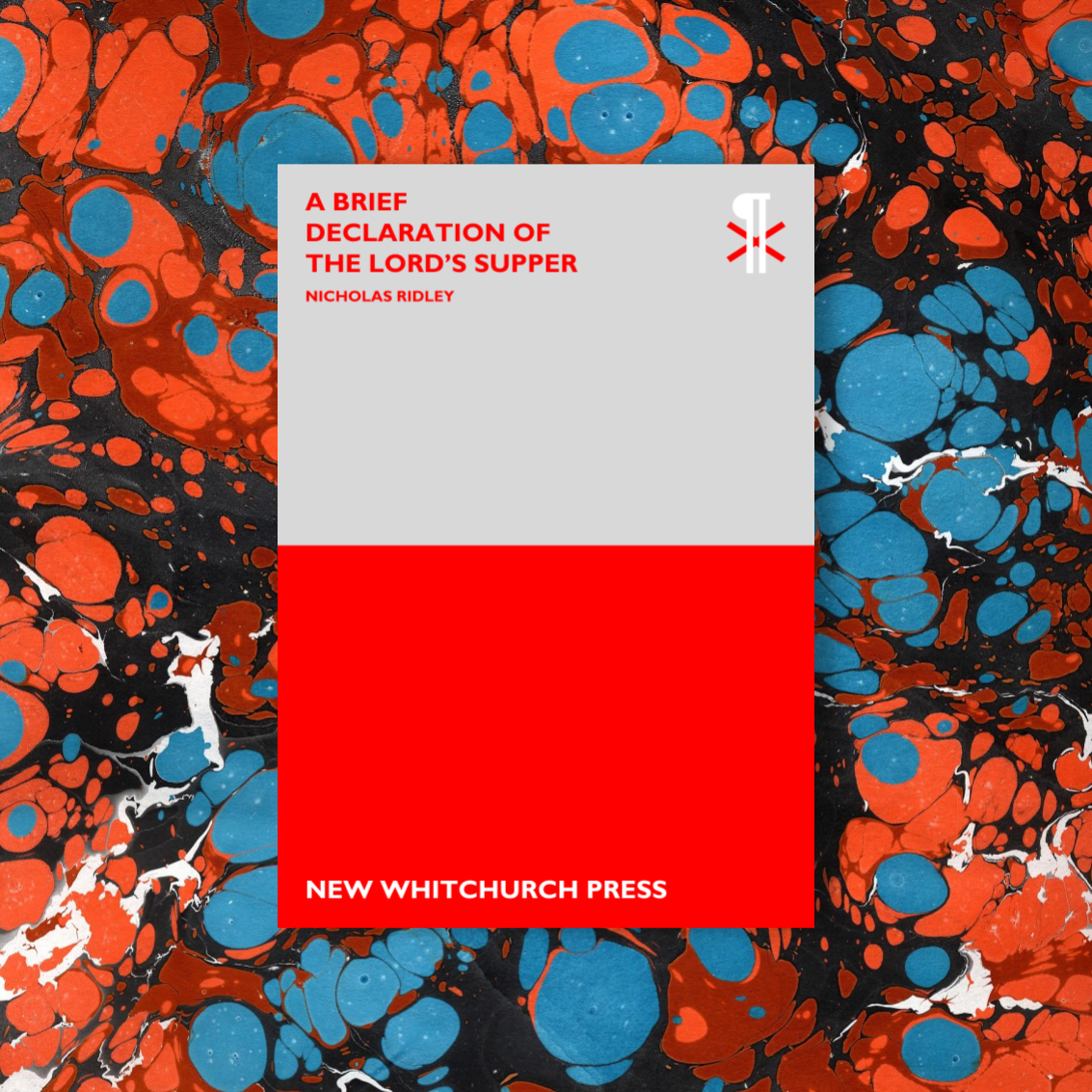I. The Lamentation Of A Sinner.
Katherine Parr was the first woman to publish in English under her own name. In this book she lays her soul bare ─ refusing to boast in anything but the cross of Christ and urging her readers to do the same.
£7 + free UK shipping.
II. A Brief Declaration Of The Lord’s Supper.
Nicholas Ridley was burned at the stake on 16th October 1555. He wrote A Brief Declaration Of The Lord’s Supper following his trial, in which he sets out the case he made for a reformed understanding of the Lord’s Supper: first closely examining Scripture and then turning to the witness of the Church Fathers.
£7 + free UK shipping.
III. Literary Remains.
Jane Grey ruled over England and Ireland for 13 days in July 1553. Her writing, from before and after her reign, reveals a woman who counted her life cheap, amidst powerful families whose tight hold of her would lead to her death and theirs.
£7 + free UK shipping.
IV. Concerning Plague.
A collated collection of responses to 16ᵗʰ century plagues from English Reformers.
Including:
An homily from the Bishop of Worcester & Gloucester, 1553
An exposition of Haggai 2 from the Bishop of Durham, 1562
Services of petition & thanksgiving ordered by Elizabeth I, 1563
£12 + free UK shipping.
V. An Apology Of The Church Of England.
John Jewel was the foremost defender the Church Of England’s catholicity; famously preaching that if anyone could bring one sufficient sentence out of Scripture, the example of the church or the teaching of the Fathers from within 600 years after Christ, in support of any of 27 Romish doctrines, then he would concede.
Three years later, in 1562, he published An Apology Of The Church Of England, which became a standard text of the English Reformation.
£12 + free UK shipping.
IX. The True And Catholic Doctrine Of The Lord’s Supper.
How does Christ feed his people in his Supper? The nature of the Lord’s Supper, as understood by Scripture and in accordance with the ancient doctors of the Church, tied together all of the doctrine of the Reformed, as well as the Roman Catholic abuses against which they protested. It was on this matter that Thomas Cranmer first put his name in print.







